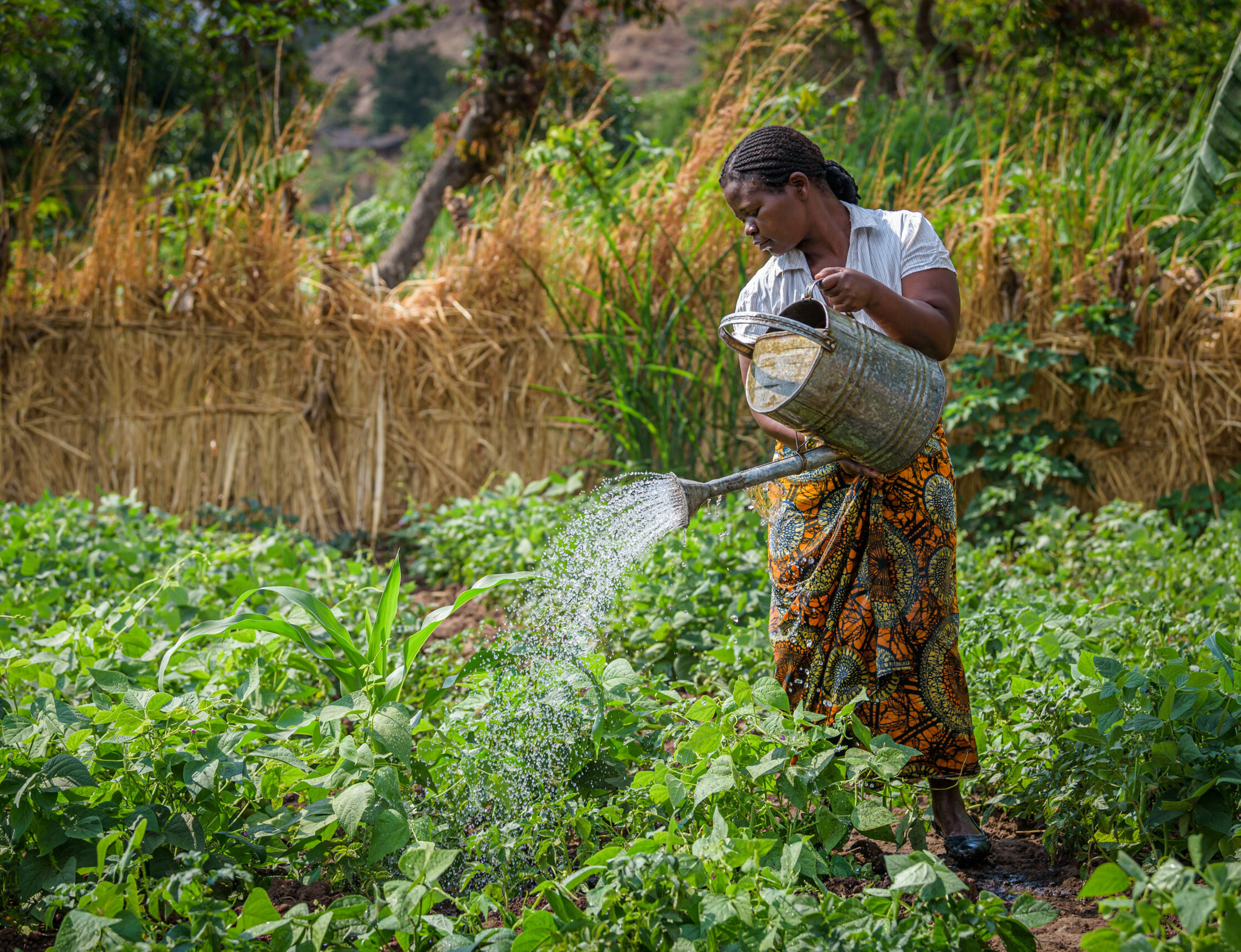
The Sustainable Development Goals (SDGs) are a global blueprint adopted by all United Nations member states in 2015. They aim to achieve a better and more sustainable future for all by addressing critical challenges such as poverty, inequality, climate change, and the attainment of peace by 2030.
Beans are a simple, affordable solution that contribute to nutrition, health, economic growth, environmental sustainability, and social equity, making them a valuable crop in the global effort to achieve the SDGs.
Beans and other pulse crops are a cornerstone of the transition towards more sustainable agri-food systems with the potential to address the climate-biodiversity-nutrition nexus while boosting livelihoods and increasing the resilience of local and global food systems. The benefits that beans offer in their production and consumption contribute to multiple SDGs and highlight the immense impact that simple, cross-cutting solutions can have on global development.
The Beans is How campaign, which aims to double global bean consumption by 2028, has adopted a comprehensive approach to addressing global challenges through food systems transformation, supporting multiple SDGs
By promoting beans as a sustainable food source, we can support and contribute to achieving the SDGs, creating a more equitable, environmentally conscious food system.

















